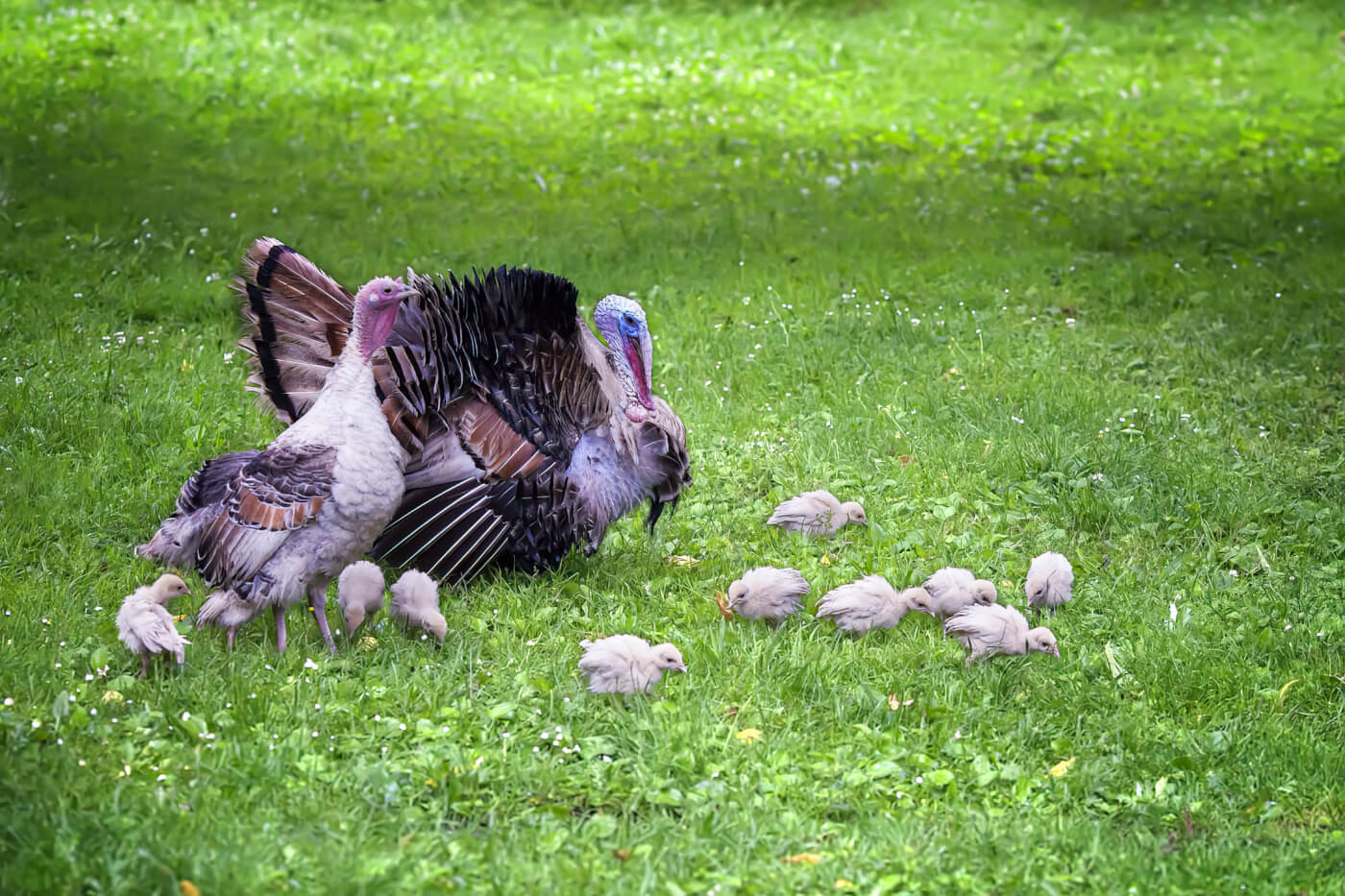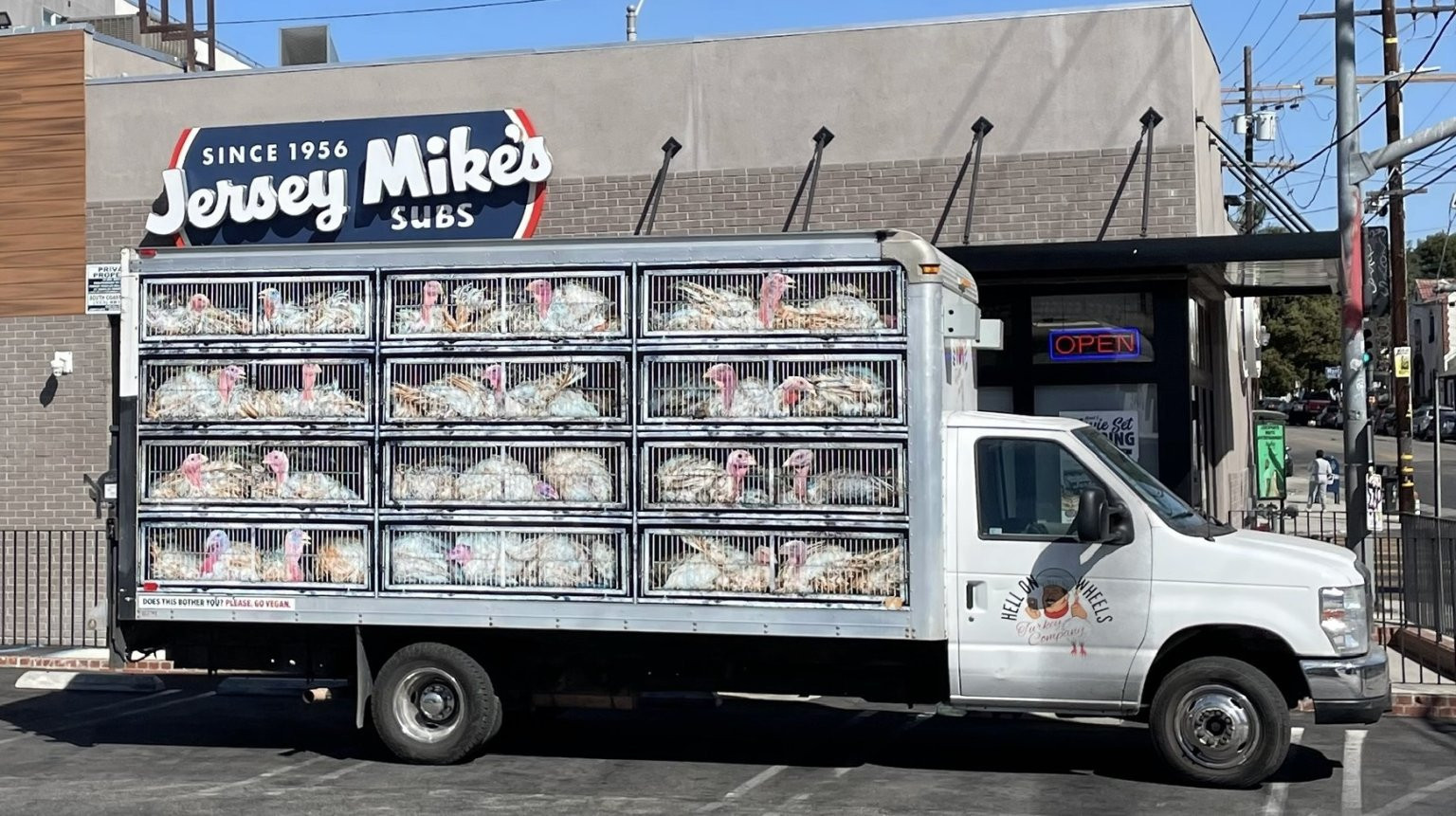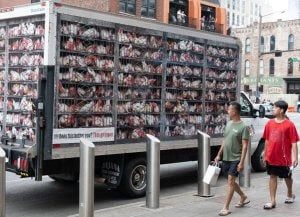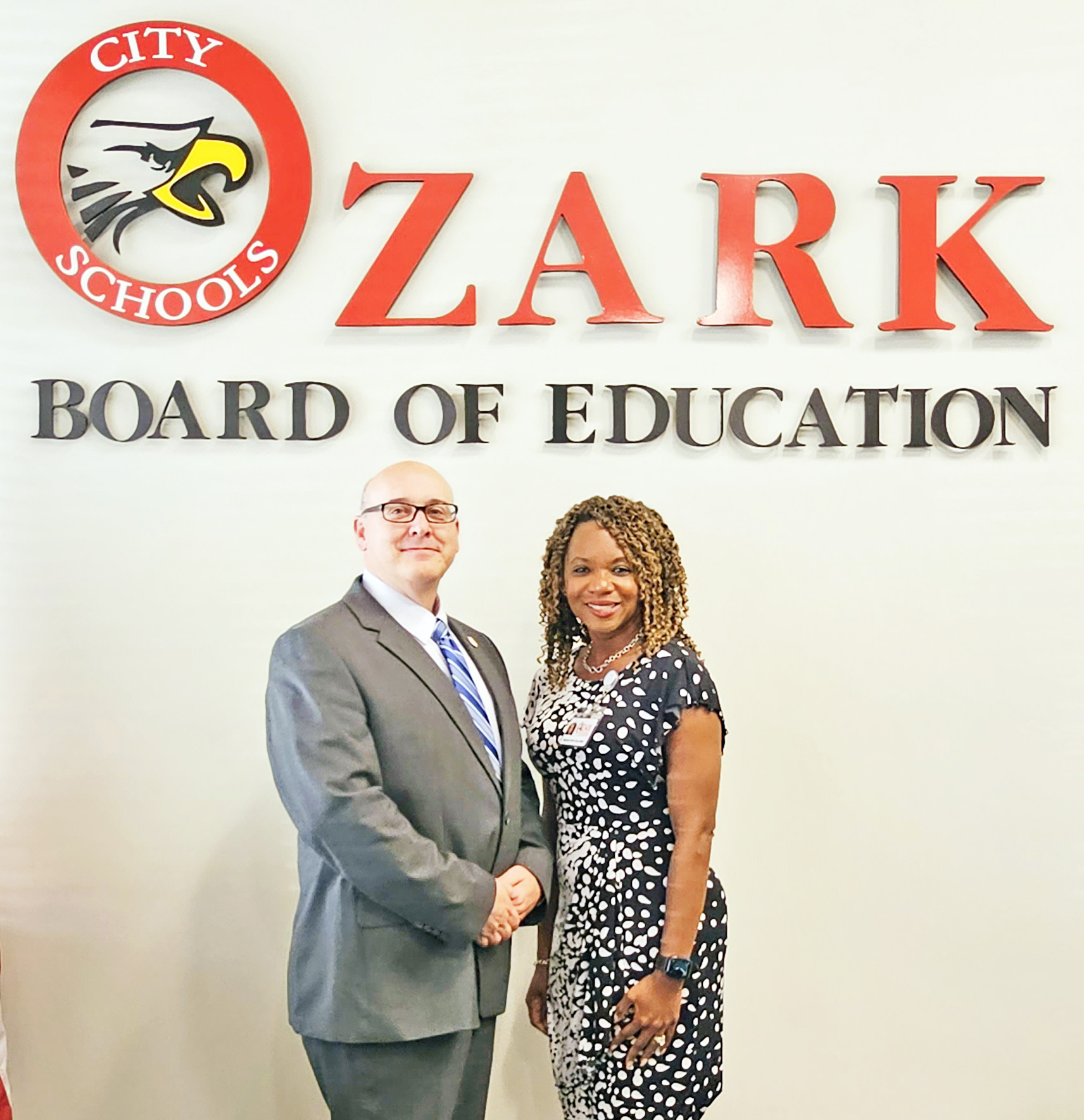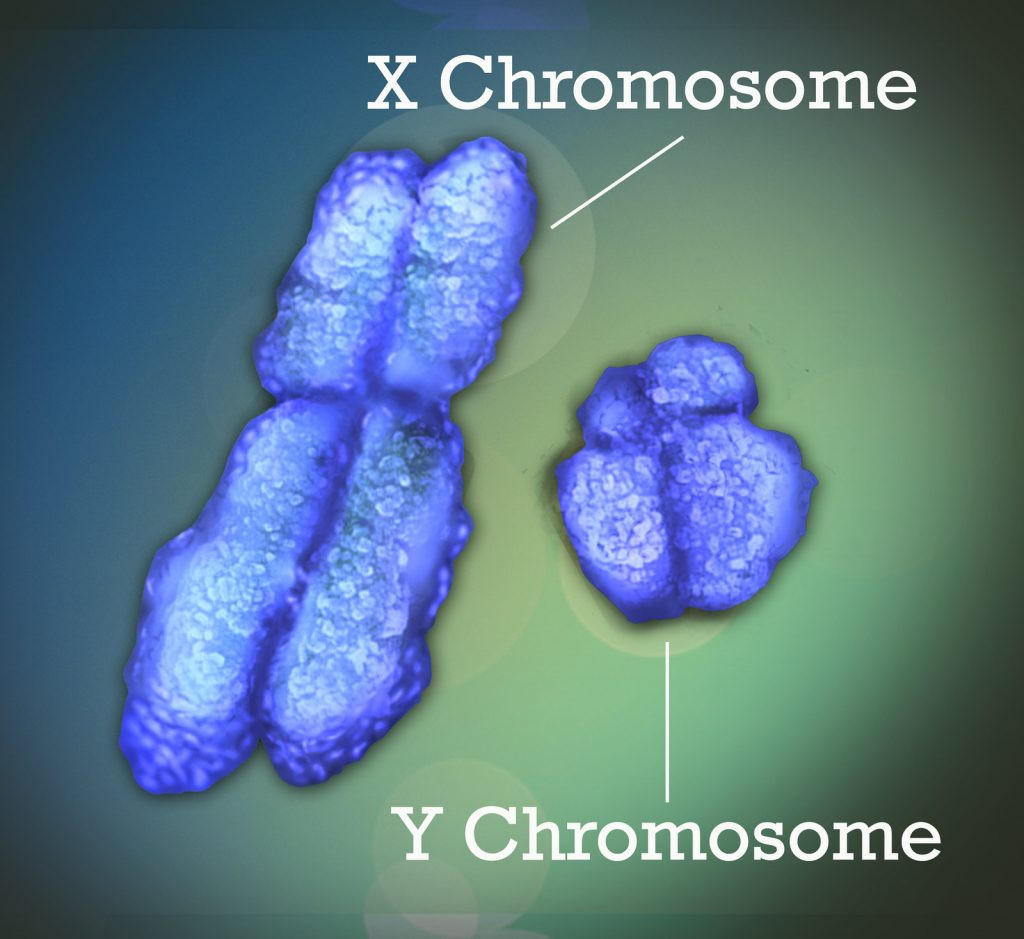PETA's 'Hell on Wheels' and the Butterball Controversy: A Thanksgiving Showdown
People for the Ethical Treatment of Animals (PETA) has launched a visceral campaign against the consumption of turkey during Thanksgiving, escalating its efforts with a shocking exposé of alleged animal abuse at a Butterball turkey processing plant and a nationwide tour dubbed 'Hell on Wheels'. This campaign utilizes a life-sized turkey transport truck, complete with images of distressed birds and subliminal messages promoting veganism, aiming to reach a wide audience and stir compassion for turkeys.
The 'Hell on Wheels' Tour and White House Protests
PETA's 'Hell on Wheels' tour has crisscrossed 30 states, stopping at grocery stores and busy areas, culminating in a demonstration outside the White House during the annual presidential turkey pardon. The truck, designed to resemble a real turkey transport, is plastered with images of crammed and distressed birds, broadcasting recorded sounds of turkeys and a subliminal message promoting veganism every 10 seconds. Amanda Brody, assistant manager at PETA, explains the goal is to force people to confront the reality of turkey farming and consider a vegan alternative. The White House protest coincides with the delivery of Liberty and Bell, the two turkeys selected for presidential pardon, highlighting the contrast between the perceived celebration and the often brutal realities of turkey farming.
PETA's Criticism of the Presidential Pardon
PETA President Ingrid Newkirk's letter to President Biden condemned the presidential turkey pardon as a hypocritical 'meat-industry stunt' that uses the White House as a PR backdrop. Newkirk argued that the event trivializes the plight of turkeys, who are often mistreated and slaughtered in the meat industry. Her statement emphasizes the sentience of turkeys, describing them as devoted parents with complex emotions, painting a stark contrast to their treatment in factory farms.
The Butterball Scandal: Allegations of Animal Abuse
The controversy further escalated with PETA's release of undercover footage allegedly showing workers at a Butterball slaughterhouse engaging in horrific acts of animal cruelty, including sexual abuse. The video, originally filmed in 2006 and recently resurfaced, has sparked public outrage and calls for a boycott. The footage, detailed in various news reports, depicts disturbing scenes of workers physically abusing and sexually assaulting turkeys. A PETA investigator, in a video posted on social media, describes witnessing workers engaging in acts of sexual assault against restrained turkeys, including penetration and groping.
Butterball's Response and PETA's Rebuttal
Butterball LLC responded to the allegations, stating the video is nearly two decades old, predating the company's current humane practices and American Humane certification. They emphasized their commitment to ethical and responsible care, highlighting their third-party audits and certification. However, PETA maintains that the video is indicative of widespread abuse within the turkey industry, pointing to further investigations that allegedly show continued mistreatment. PETA's campaign manager, Amber Canavan, stated that the response to the video underscores the need for consumers to seek more ethical food choices.
The Ripple Effect: Social Media Outrage and Boycott Calls
The resurfaced video has garnered immense attention on social media, leading to widespread disgust and calls for a boycott of Butterball products. Social media users have expressed outrage, with some vowing to return Butterball turkeys already purchased and others sharing their experiences with the video. The video has undoubtedly caused widespread concern, and numerous individuals have publicly pledged to avoid Butterball products in the future. This widespread condemnation presents a significant public relations challenge for Butterball.
A Call for Veganism and Ethical Consumption
PETA's campaign aims to go beyond exposing animal cruelty; it's a call for a broader shift toward veganism and ethical consumption. The organization highlights the availability of numerous delicious vegan alternatives to turkey roasts, making it easy for people to make a compassionate choice this Thanksgiving and beyond. Canavan emphasizes the ease of finding vegan substitutes and encourages consumers to avoid contributing to the suffering of animals. The campaign cleverly leverages the Thanksgiving holiday to promote veganism as a practical and humane option.
The Future of Thanksgiving and Animal Welfare
The Butterball controversy, coupled with PETA's 'Hell on Wheels' tour, has thrust the issue of animal welfare in the food industry into the spotlight, forcing a conversation about ethical consumption and sustainable practices during the holiday season. The ongoing debate promises to shape future Thanksgiving traditions and conversations around food choices. The controversy raises concerns about the often hidden realities of factory farming and underscores the growing consumer demand for transparency and ethical production.
The convergence of the presidential turkey pardon with these allegations has brought the ethical dilemma surrounding turkey consumption to the forefront of public consciousness. The long-term impact remains to be seen, but the events of this Thanksgiving are sure to leave a lasting mark on the debate.




